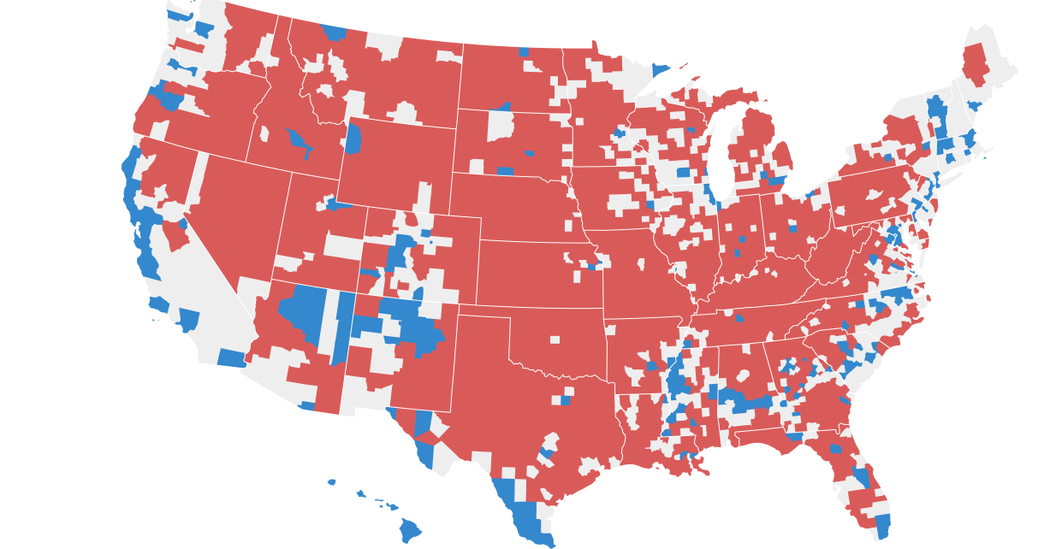Crooked politicians are often the poster boy for greater campaign finance regulation, used to justify every imaginable measure of government control over speech, from caps on donations to what words can appear in political advertising. In the eyes of many who wish to further regulate political speech, simply parading around corrupt officials is often enough to warrant more restrictions on what the average Joe can say when he wants to get involved in the political process.
But the dirty little secret of so-called campaign finance “reforms” is that they have nothing – NOTHING – to do with the kind of corruption that is splashed across the pages of the New York Times.
Take the trial of former New York State Senator, Malcolm Smith. Smith, a prominent Democratic State Senator from Queens, wanted to run for mayor of New York City as a Republican and, to further this end, is accused of bribing two Republican City Councilmen to help get his name on the ballot. The whole affair is full of the kind of underhanded dealings normally reserved for the movies, complete with brown paper bags filled with cash and wire-tapped meetings with FBI informants in empty parking lots. Smith and his co-conspirators have been charged with wire fraud, mail fraud, bribery, and extortion.
What they are not being charged with, however, is violating New York’s endless campaign finance red tape.
Campaign finance laws, despite what their supporters will tell you, do not fight political corruption – at least not the “Malcolm Smith-style” corruption that most Americans imagine. There have been U.S. laws against real corruption since 1789. When campaign finance “reformers” discuss the problem of corruption, they are talking about individual citizens (at least the ones they disagree with) who, in the minds of the speech regulatory community, are voicing their opinions “too loudly” and, therefore potentially influencing politicians too much.
If anything, campaign finance regulations help encourage true, overt corruption by bolstering incumbency and transforming every statehouse in the country into a network of political insiders. Entrenched incumbents have far less fear of disappointing their constituents, seldom have to worry about a well-financed challenger finding the skeletons in their closet, and are often able to avoid the light of public scrutiny that comes with a contested election. Without those checks on political power, unscrupulous politicians are more likely to engage in nefarious behavior.
That is not to say that all politicians are corrupt. Based on the rarity of instances of true corruption, quite the opposite is probably the case. And in those rare cases, we already have a plethora of laws on the books to properly and severely punish those criminals.
So, it is important not to be fooled by the “corruption” sleight of hand – imagining that campaign finance regulations stop paper bag bribes and shady business deals – when they actually censor the “undesirable” opinions of millions of Americans.














